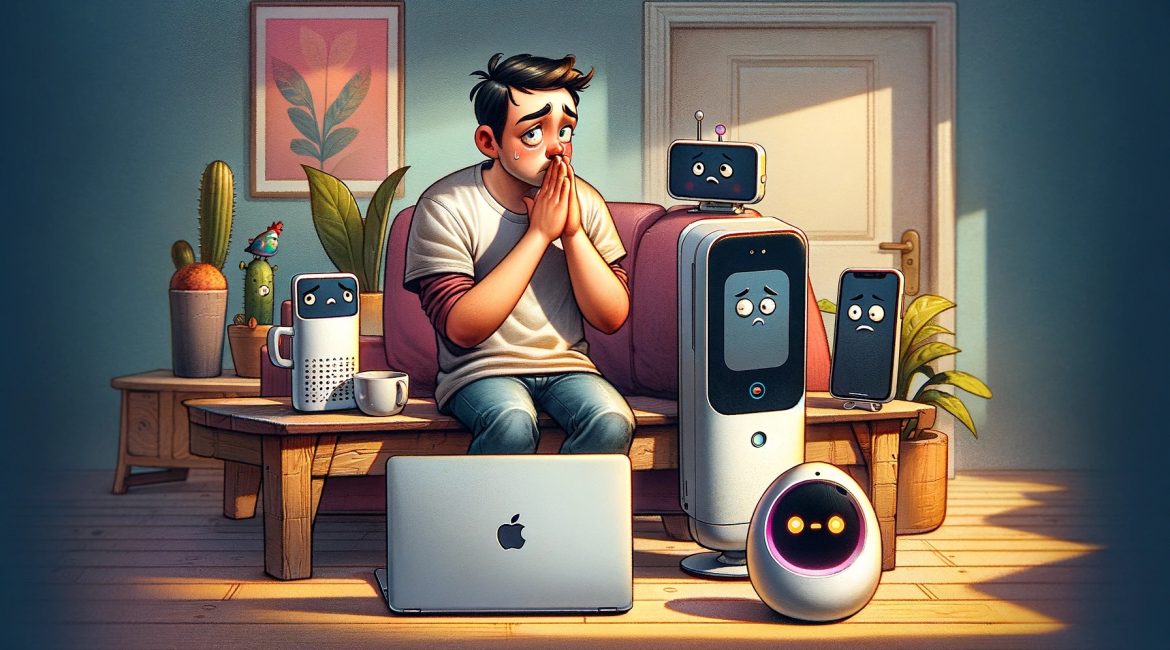Have you ever apologized to your laptop after it crashed in the middle of an important document? Or scolded your phone in frustration when it wouldn’t find directions? Strange as it may seem, many of us subconsciously treat computers like social actors, even though we know they’re nothing more than complex machines. Welcome to the fascinating world of the “Computers Are Social Actors” (CASA) paradigm.
In the 1990s, researchers Clifford Nass and Youngme Moon noticed something peculiar: people behaved oddly towards computers. We engaged in polite conversation with error messages, attributed personalities to chatbots, and even felt guilty when we had to replace an old PC. CASA proposed that we unconsciously apply the same social rules and expectations to computers as we do to humans.
So, why does this happen? Nass and Moon suggest it’s because computers possess certain human-like qualities. They mimic human language, respond to our actions, and often present information in a way that resembles social interaction. These cues, even if artificial, trigger our inherent social instincts, leading us to treat them like virtual companions.
The implications of CASA are far-reaching. It helps us understand how technology shapes our behavior and how design choices can influence our perceptions.
- Interface designers use CASA principles to create friendly and approachable interfaces, while also avoiding features that evoke unintended social responses.
- Marketers leverage CASA by personifying brands and products, making them more relatable and trustworthy.
- Educators utilize CASA to create engaging learning environments where students interact with educational software as virtual teachers or peers.
However, CASA isn’t without its critics. Some argue that it oversimplifies human-computer interaction, neglecting the conscious choices and awareness we bring to these encounters. Others point out that with the rise of more sophisticated AI, the line between machine and social actor may blur entirely, raising ethical concerns and questions about agency.
Whether you see it as a quirk of human psychology or a glimpse into the future of social interaction, the CASA paradigm offers a compelling window into our relationship with technology. It reminds us that even non-living things can evoke social responses, and that understanding these mechanisms can help us design better technology and navigate the increasingly complex landscape of our digital lives.
So, the next time you find yourself apologizing to your phone or thanking your smart speaker for playing your favorite song, remember – you’re not alone. You’re just one of many caught in the fascinating dance between human and machine, where the lines between social actors and complex algorithms are sometimes delightfully blurred.
